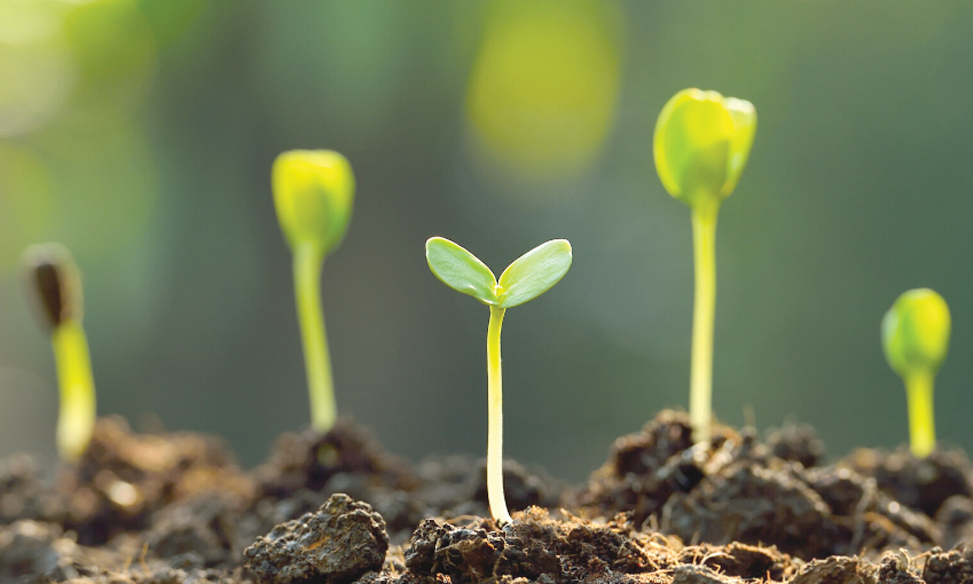


Dr Aisha al Sarihi[/caption]
Oman and its counterparts in the Gulf Cooperation Council (GCC) should align their short-term post-pandemic economic recovery strategies with long-term economic diversification and climate mitigation goals in order to ensure sustainable growth well into the future — a process known as ‘green recovery’, according to a well-known researcher.
Dr Aisha al Sarihi, a non-resident fellow at the Arab Gulf States Institute (AGSIW) in Washington, argues in a newly published paper that associating Covid-19 economic recovery packages with measures aimed to safeguard the environment and tackle climate change, “will not only ensure long-term resilience and sustainability of economies as countries recover from the pandemic, but also boost economic activity, generate income and create jobs”.
But failure to address climate risks as part of the economic recovery strategies could potentially exacerbate the threats posed by global warming to the Gulf region, the scientist warns in her paper, titled ‘Post Covid-19: A Potential for Green Recovery in the Arab Gulf States’.
Citing the latest report of the Intergovernmental Panel on Climate Change (IPCC), Dr Al Sarihi cautions that the GCC states, given their reliance on hydrocarbon export revenues, coupled with their fragile natural environment, are susceptible to “serious threats” from climate change.
Delayed climate action, she warns, will impose significantly higher costs for the region, especially as it “locks economies into carbon-intensive infrastructure and reduces flexibility in future response options”.
Almost every economic sector of the oil producing economies of the Gulf region is expected to be impacted by the effects of global warming, according to the researcher.
Non-sectors such as agriculture, food security, water, fisheries, tourism, and infrastructure, are already feeling the biophysical effects of climate change attributable to rising temperatures, falling annual rainfall, sea level rise, and increased exposure to extreme events such as intense rainfall, she points out.
However, by aligning post-pandemic recovery plans with climate mitigation and adaptation strategies, Oman and its GCC peers are presented with “an opportunity to both address the long-term impacts of climate change as well as unlock many social, environmental and economic benefits associated with climate action,” stresses Dr Al Sarihi.
A green recovery, says the researcher, will also help the Gulf states meet their climate mitigation and adaptation goals as enshrined in their Nationally Determined Contributions (NDCs) to the UN Framework Convention for Climate Change (UNFCCC).
“GCC states should make further use of their Covid-19 responses by ramping up policies and investments targeting climate mitigation and adaptation ambitions. Climate-related challenges will not be paused by the current Covid-19 crisis. If climate issues are put on hold while dealing with the pandemic, they will not disappear, but rather continue to grow. Excluding them from present Covid-19 measures would be more costly than the losses associated with the short-term Covid-19 crisis,” she warns.
In concluding, Dr Al Sarihi cautions that the fiscal crisis unleashed by the pandemic should not necessarily idle the region’s progress towards climate change.
“The GCC states can continue to support environmental sustainability projects and ensure long-term sustainability of different economic sectors even in times of crisis. This can be done either by direct funding from the government or by sending market-signals in the form of clearly identified market-based policy instruments. Carefully designed standards and regulations and implementation of necessary reforms could unlock private investment in renewable energy, energy efficiency and low-carbon vehicles, without requiring large public expenditure,” she adds.
Oman Observer is now on the WhatsApp channel. Click here



